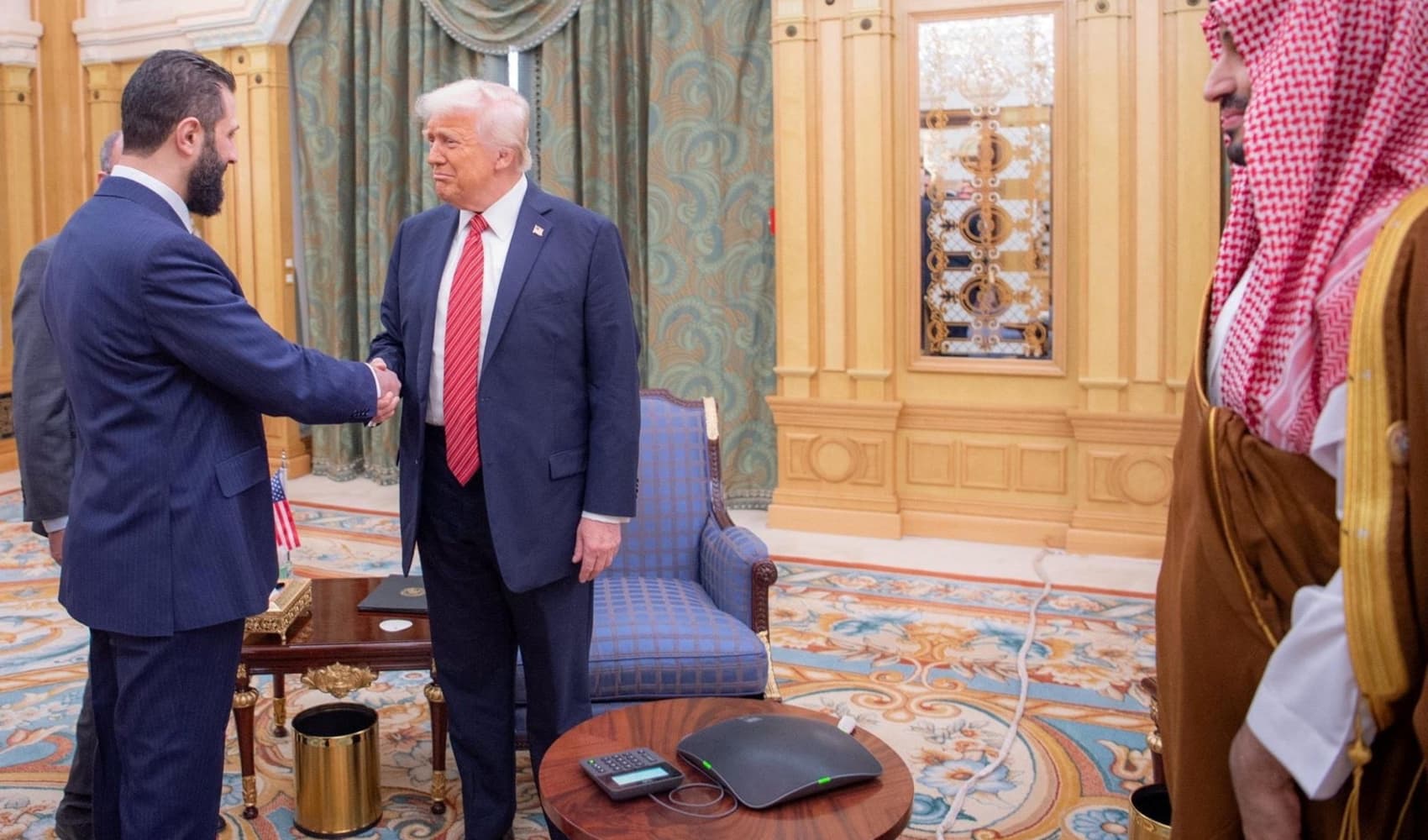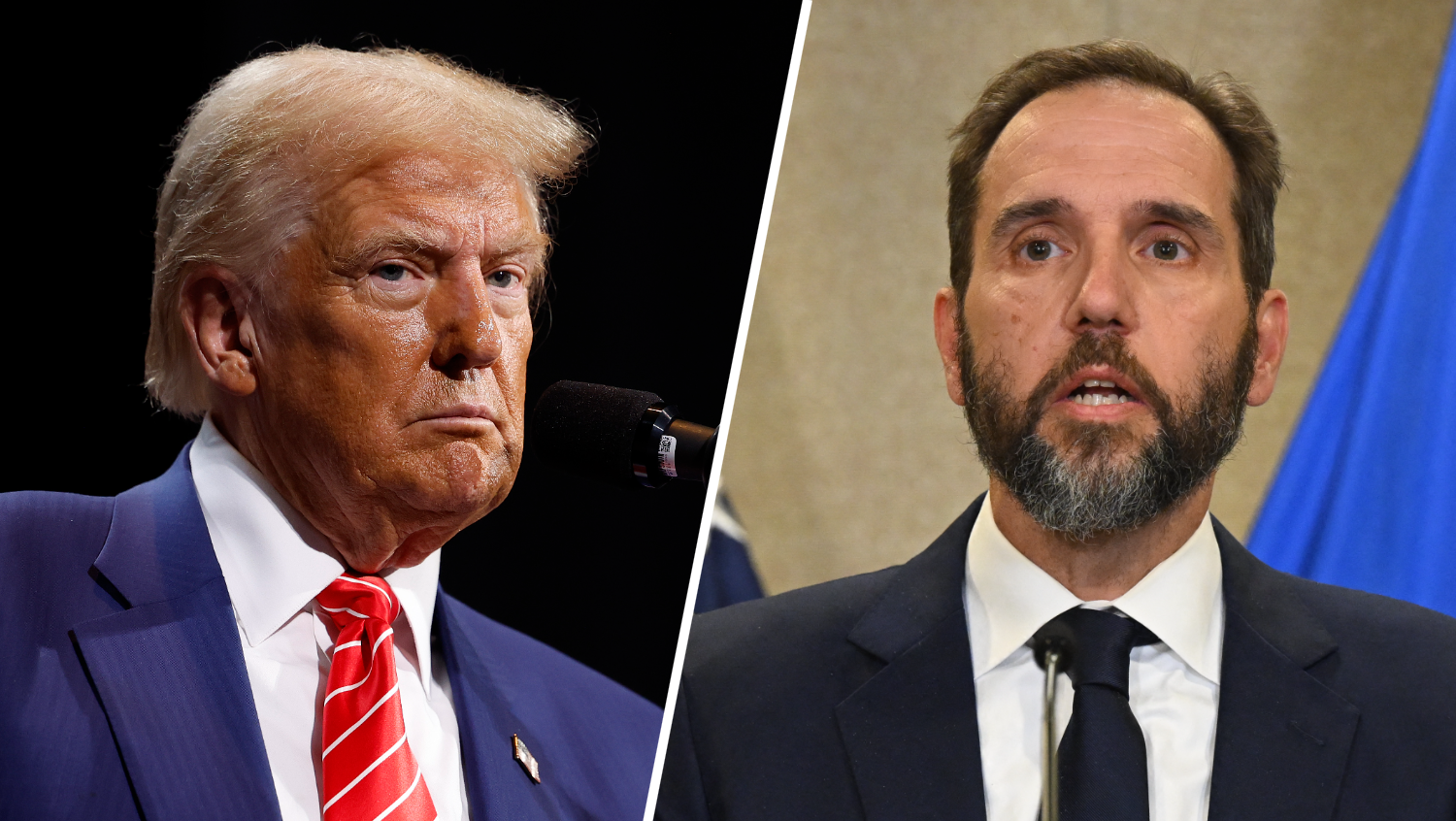Trump's "Victory Day": What It Means for the US - Explained
Trump Declares May 8th "Victory Day": What It Means for America
Introduction: A Time to Remember, A Time to Celebrate
Ever wonder why we don't celebrate our World War victories with the same gusto as some other nations? Well, President Trump did. He issued a proclamation declaring May 8th as "Victory Day" in the United States, mirroring celebrations already happening across Europe. But what’s the significance, and why now? Let's dive in and unpack this decision and what it means for how we remember and honor our history.
What Exactly Did Trump Do?
Trump designated May 8th as a day specifically for Americans to commemorate the victories in both World War I and World War II. It's essentially a national day of remembrance and celebration for the Allied triumphs in these monumental conflicts. He felt the U.S. wasn’t doing enough to acknowledge its pivotal role in these victories.
Why This Focus on World War Victories?
According to Trump's social media posts, he believed Americans weren't adequately celebrating these achievements. He argued that the United States played a crucial, perhaps indispensable, role in both World Wars, and that recognition of these victories was long overdue. Think of it as a spotlight being shone on a part of history he felt was dimming.
Victory in Europe Day: The Global Context
Across the Atlantic, May 8th has long been recognized as Victory in Europe Day (V-E Day), marking the formal acceptance by the Allies of Nazi Germany’s unconditional surrender in World War II. Cities like London and Moscow host parades, flyovers, and memorial services to honor the occasion. So, is the U.S. just catching up?
V-E Day: A Brief History
V-E Day on May 8, 1945, marked the end of nearly six years of war in Europe. Millions rejoiced as news spread of Germany's surrender, but it was also a somber moment of reflection on the tremendous human cost of the conflict.
Symbolism and Significance
The act of officially designating a "Victory Day" carries significant symbolic weight. It’s a public acknowledgment of the sacrifices made by American soldiers and civilians during wartime. It also reinforces the idea of American exceptionalism and the nation’s role as a global defender of freedom. It’s a statement, plain and simple.
Potential Political Motivations
While the proclamation focuses on historical commemoration, it's impossible to ignore the potential political undertones. Was this a move to appeal to a particular segment of the electorate? Was it a way to associate himself with a moment of national unity and strength? These are questions worth pondering.
The Response: A Mixed Bag
Reactions to Trump's "Victory Day" proclamation were mixed, to say the least. Some praised it as a fitting tribute to American veterans, while others criticized it as nationalistic grandstanding or a politically motivated gesture. As with most things involving Trump, it wasn't without controversy.
How Does This Compare to Other Countries' Celebrations?
Many European countries have elaborate V-E Day celebrations, including military parades, public gatherings, and moments of silence to honor the fallen. Russia, in particular, holds a massive Victory Day parade on May 9th (due to time zone differences) showcasing its military might.
The Importance of Remembrance
Regardless of political viewpoints, it's crucial to remember the events of World War II and the sacrifices made by those who fought against tyranny. These historical events serve as a reminder of the importance of international cooperation and the devastating consequences of unchecked aggression. Lest we forget, right?
What Does This Mean for Future Administrations?
Will future presidents continue to observe May 8th as "Victory Day"? That remains to be seen. Presidential proclamations often reflect the priorities and values of the current administration, so the future of this observance will depend on the political climate and the perspective of future leaders. Will it become a lasting tradition, or fade into history?
Beyond the Parades: How to Honor the Legacy
Celebrating "Victory Day" isn't just about parades and fireworks. It's about educating future generations about the sacrifices made by those who came before them. It’s about supporting veterans and their families. It's about promoting peace and understanding in a world still grappling with conflict. It's about remembering, and learning from the past.
Is There Any Controversy?
Of course! Some critics argue that focusing solely on "victory" overlooks the complexities and horrors of war. They contend that a more nuanced approach is needed, one that acknowledges the suffering of all those affected by conflict, not just the victors. The debate continues…
Debate: Is Celebrating “Victory” Enough?
Should we solely focus on celebrating the "victory," or should we also use this day to reflect on the devastating impact of war and honor the memory of all victims, regardless of their nationality? This is an ongoing and important discussion to have.
The Lasting Impact of World War II
World War II reshaped the global landscape, leading to the creation of international organizations like the United Nations and the rise of the United States and the Soviet Union as superpowers. Its impact is still felt today in international relations, political ideologies, and cultural norms. The war continues to shape our world.
Conclusion: A Day for Reflection and Remembrance
Trump's designation of May 8th as "Victory Day" in the U.S. served as a call to remember and celebrate the Allied triumphs in World War I and World War II. While the motivations and potential political implications remain open to interpretation, the proclamation undoubtedly sparked a renewed focus on these pivotal moments in history. Whether this becomes a permanent fixture of the American calendar or fades into the past, the legacy of the wars and the sacrifices made by those who fought in them will continue to resonate. Let's use it as an opportunity for reflection, gratitude, and a commitment to a more peaceful future.
Frequently Asked Questions
Here are some frequently asked questions about Trump's "Victory Day" proclamation:
- Why did Trump choose May 8th specifically?
May 8th is already recognized as Victory in Europe Day (V-E Day) in many countries, marking the day Nazi Germany surrendered to Allied forces.
- Is "Victory Day" now a national holiday?
While designated as a "day" of celebration, it's not necessarily a federal holiday with associated days off or official observances, unless specifically mandated.
- How can I celebrate or commemorate "Victory Day"?
Consider attending local memorial services, visiting war museums, supporting veterans' organizations, or simply taking time to reflect on the sacrifices made during World War II and World War I.
- What are some criticisms of designating a "Victory Day"?
Some argue that focusing solely on "victory" overlooks the broader context of war, including the suffering of all involved and the need for reconciliation and peace.
- Will future presidents continue to observe "Victory Day"?
That remains to be seen. Future administrations will likely consider the political climate and their own priorities when deciding whether to continue the tradition.


